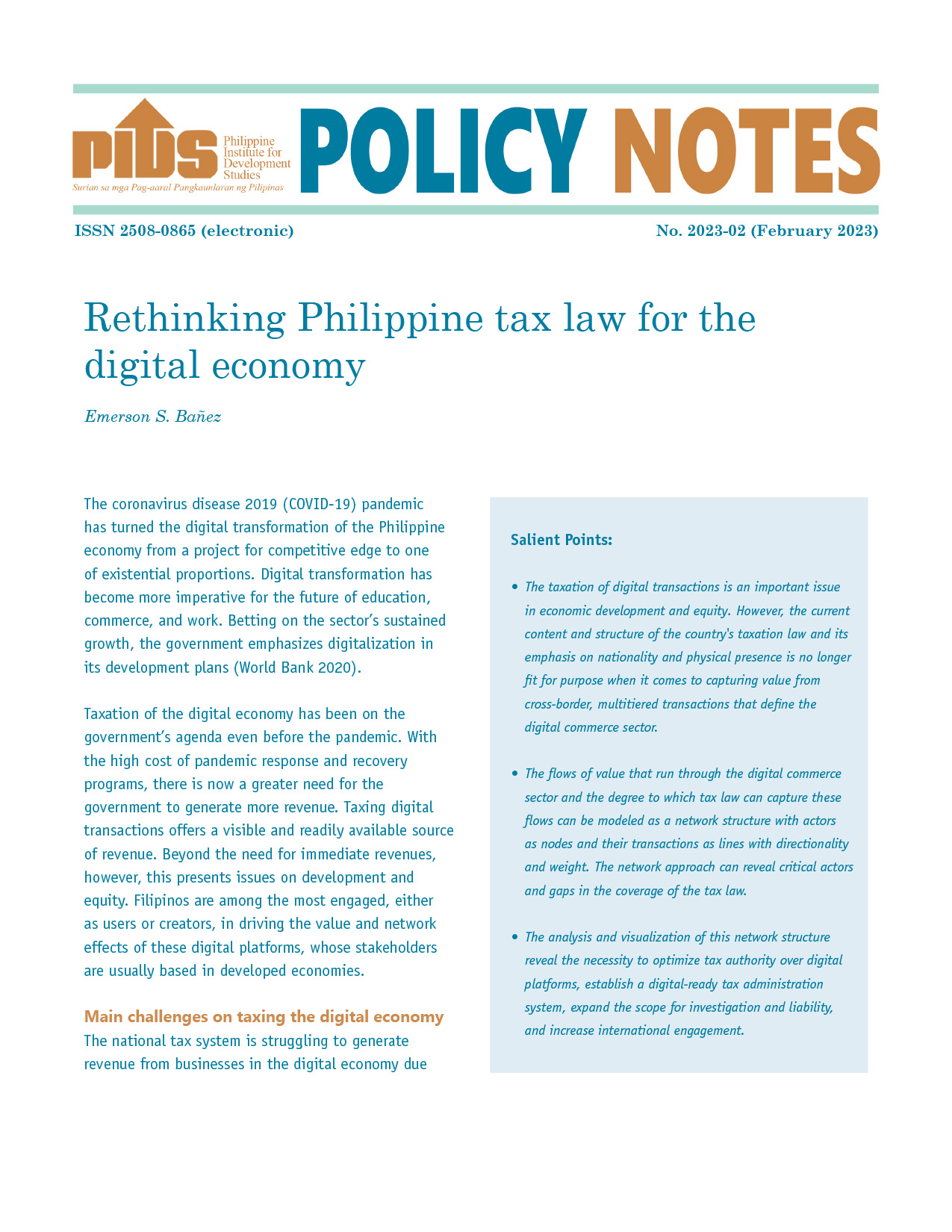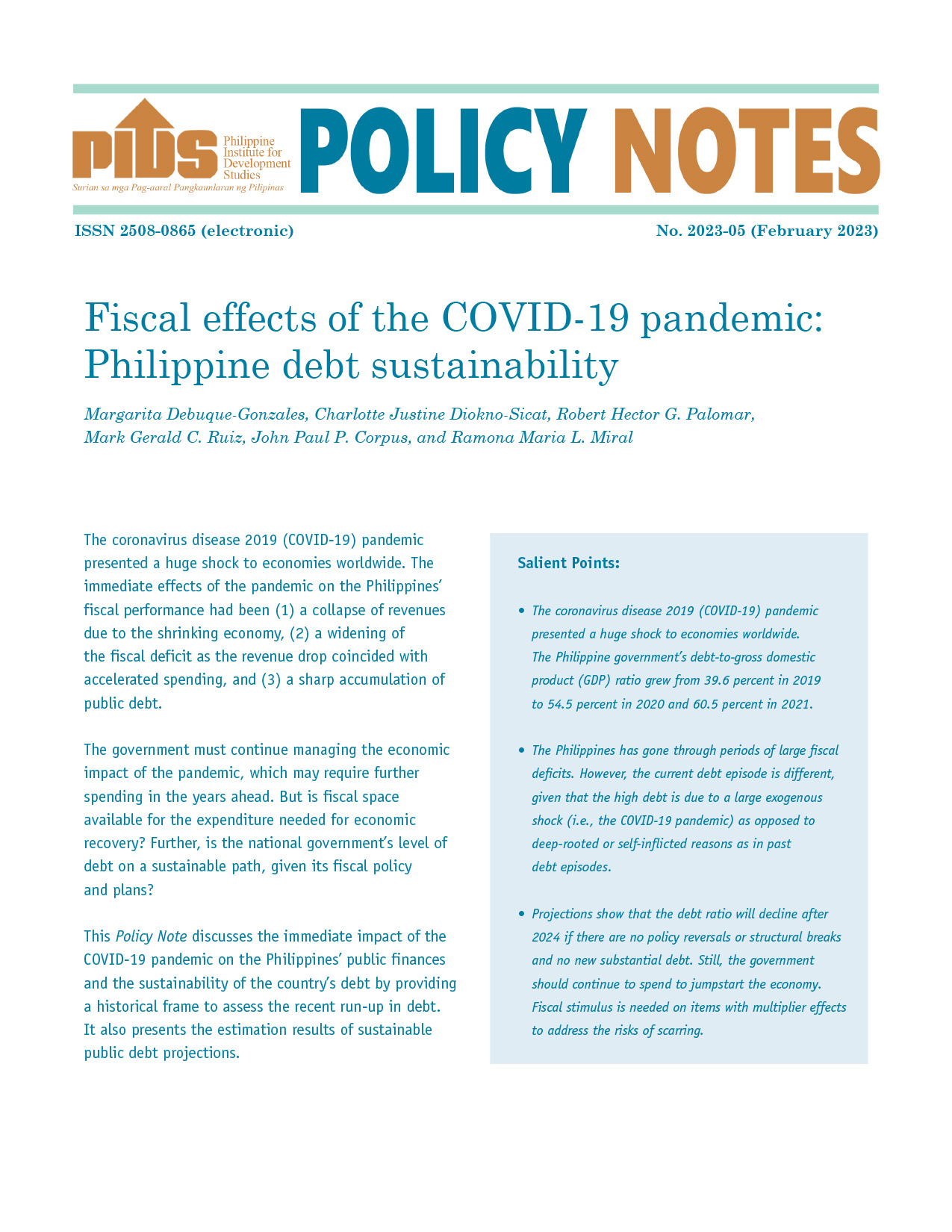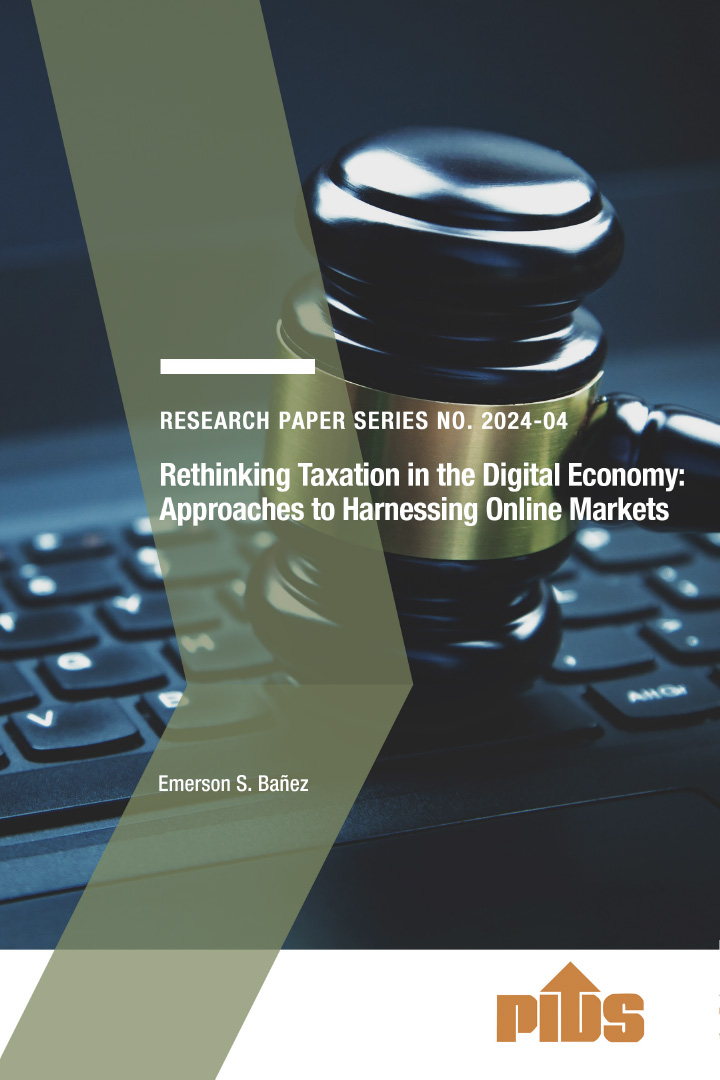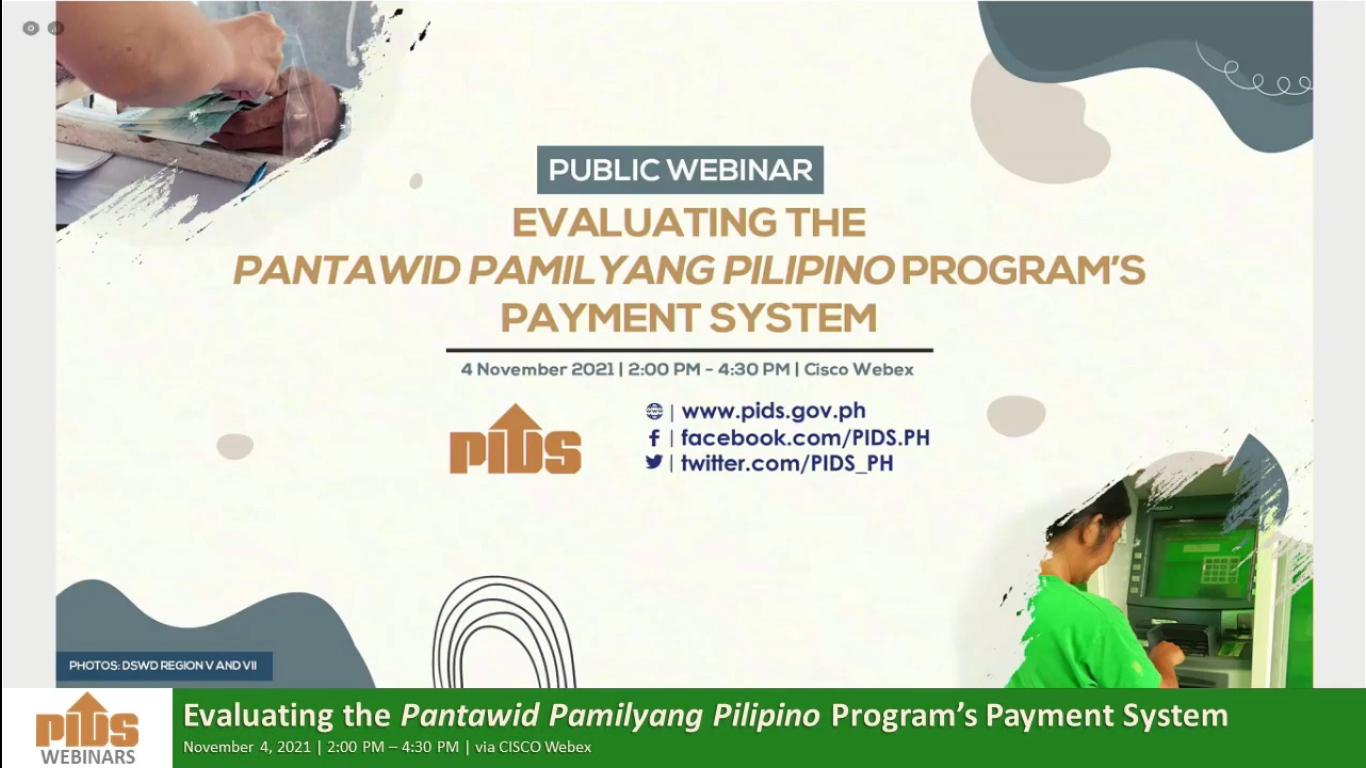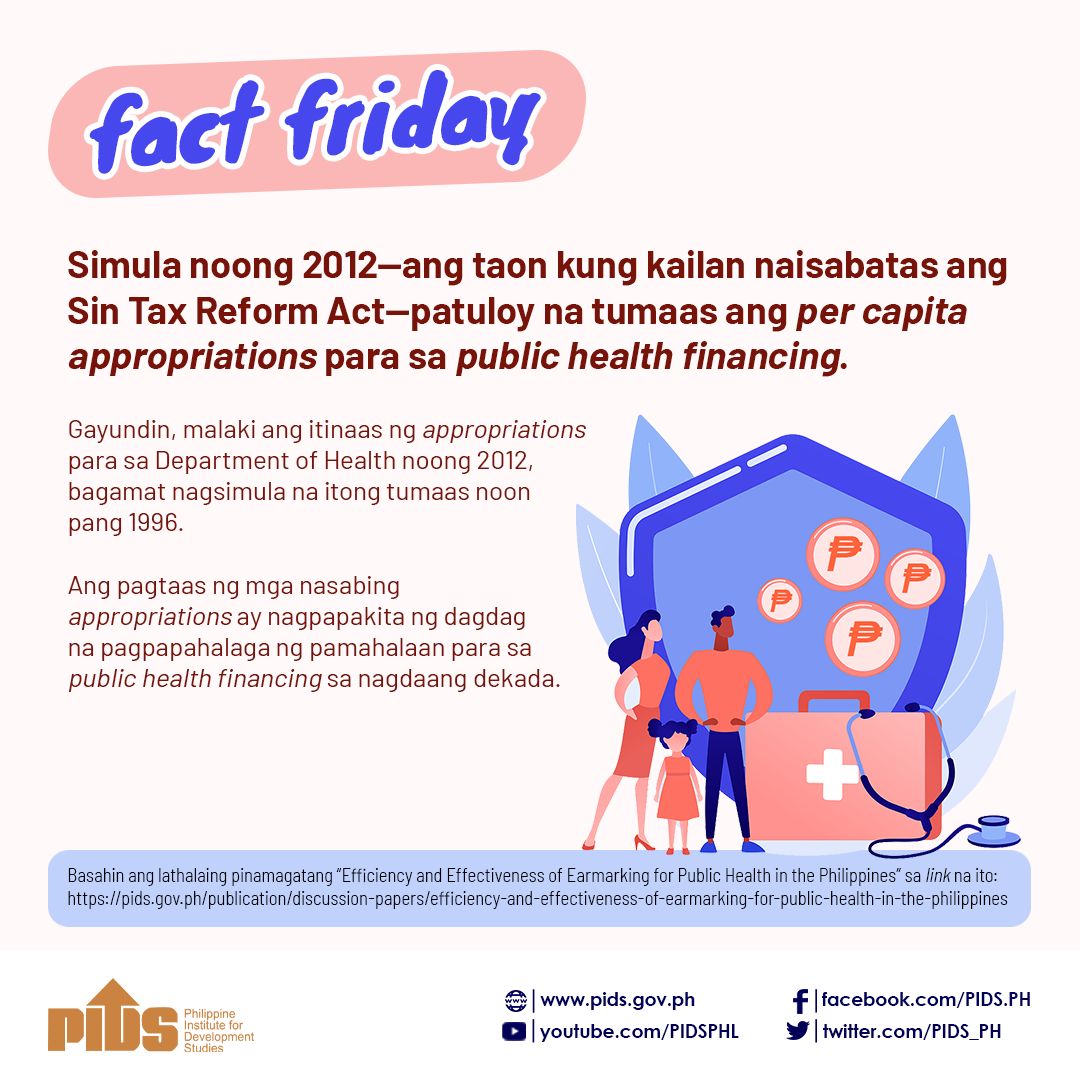MANILA, Philippines— The government is being urged to pass a law that will deputize online platforms and payment systems as withholding agents as part of the tax policy framework for the digital economy, according to a study published by the Philippine Institute for Development Studies (PIDS).
This was among the recommendations made in the PIDS discussion paper “Rethinking Taxation in the Digital Economy” authored by University of the Philippines College of Law assistant professor Emerson Bañez.
According to the study, taxation of the digital economy is difficult as tax jurisdiction has traditionally been based on physical presence.
“National tax systems are straining to capture revenue from businesses in the digital economy. This is due to the fact that these businesses are characterized by the complexity of transactions, the absence of physical presence, and strong dependence on intangible assets,” Bañez said.
With the government’s current toolset for tax administration developed for brick-and- mortar businesses and its effectiveness on digital transactions being limited, the PIDS study said Congress could pass legislation that would require online platforms and payment systems to act as withholding agents of the income of online sellers or the value added-tax due from users.
The online platforms and payments system can also be required under legislation to provide data needed to determine the tax liability of related actors and transactions.
“Concentrating on these key participants can allow tax administration efforts to scale, since each of these centralized nodes can provide information and control over a significant number of users,” the PIDS study said.
In order to verify the compliance with the withholding and remittance functions, the PIDS study said there is a need for the Bureau of Internal Revenue to be ready for digital tax administration by having greater competence in understanding how online systems at the network, hardware and software level work, as well as in validating and processing voluminous data sets.
The PIDS study also cited the need to expand the scope for investigation and liability.
In addition, the PIDS study recommends engagement at the international level.
This, as non-resident providers, which are usually large multinational corporations, are seen to be gaining the most from digital markets as they minimize the tax impact of their activities.
“The Philippines should continue to explore multilateral options for reallocating taxing rights and addressing base erosion and profit shifting. These include regional tax treaties and the OECD (Organization for Economic Cooperation and Development) framework treaty,” the PIDS study said.
“Efforts at negotiating and crafting the provisions should consider the Philippines’ trading power relative to other countries and its comparative ability to exercise jurisdiction,” it said.

